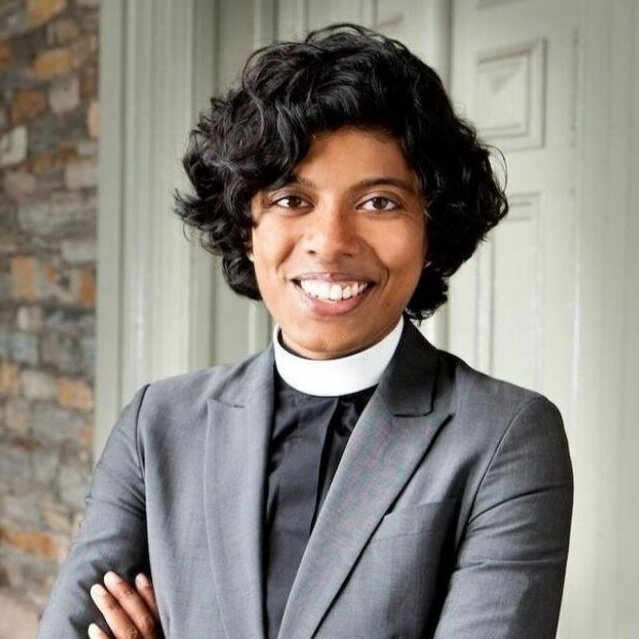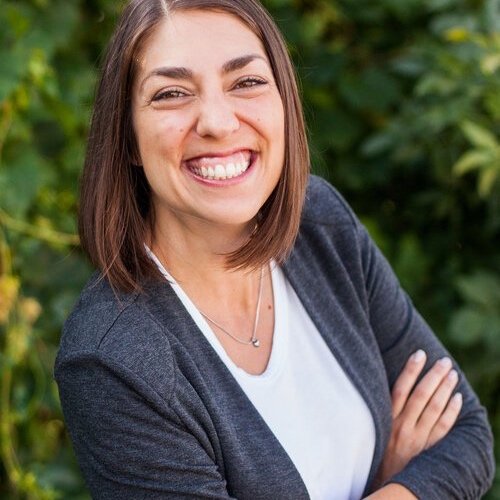Church Anew Blog
Get Updates in Your Inbox
Want to stay up-to-date with the Church Anew Blog? Sign up for our weekly blog round-up.
The Parable Wall Street Loves
The Parable of the Talents has, at least functionally, come to be interpreted through the lens of congregational finance and wealth stewardship. In many places, it is emphasized as a consoling text that softens and contextualizes other, more challenging things Jesus said about wealth.
Beyond Stewardship II: Exploring Alternatives
I recognize that I am not offering a single neat or easy alternative, and I am well aware of how deeply ingrained stewardship is in the mainline church. It will take years of exploration and experimentation to move beyond it. What matters is that we keep seeking language and practices that draw us closer to the witness of the Gospels.
Beyond Stewardship
As we approach “stewardship season,” I want to question the language of stewards and stewardship. To be clear, this is not a critique of fundraising. I serve a small Spanish-speaking congregation, and I know firsthand how vital annual pledge drives are for a workable parish budget. My concern, rather, is theological. My question is whether stewardship is still the best framework for what we are doing this season.
Clarity vs. Faith
I have learned God may ask things of us that seem weird and ridiculous... Once you receive the ask, meditate and pray for a moment, but by all means, obey!
A Walk In Beauty
The Rev. Winnie Varghese delivers a sermon covering indigeneity, Elijah's sojourn in the wilderness, and how to connect with those who show us hospitality.
If We Don’t, Who Will?
Dr. Dee Stokes reflects on an event she recently hosted, designed to help young entrepreneurs start serving the Kingdom.
Ezekiel’s Tree
In order to grasp this great truth, the first thing we need to do is to get off our human high horse. We aren’t all that, especially when you compare us to the world of trees.
Vocation: What do you do?
Erin Weber-Johnson and Rev. Mieke Vandersall always felt challenged when they try to tell strangers what they do for a living. Their profession is far more than a job–it's an expression of their vocation.
In This Crucial Election Year What Will Your Community Do on Day One?
On Day One of the next administration (and in whatever follows), communities of faith must continue the work being God’s people. Regardless of whether you see the outcome you desire or not, the work will need to go on. You’ll either be working in alignment with those you trust, or you’ll be in the resistance against those you do not trust. Either way, there will be work to do.
The Hidden Secret of Winter Trees
In order to grasp this great truth, the first thing we need to do is to get off our human high horse. We aren’t all that, especially when you compare us to the world of trees.
Making 100 TikToks as Ministry
It’s remarkable how many transformative words stay locked within the walls of our churches. Our messages are beautiful, life-changing, and somehow secret. Our ideas are available only to those who know our addresses and trust us enough to step inside.
Questions have Wings
As we enter 2024, there is deep apprehension and fear about the pending presidential election this fall in the United States. How do we stay connected to our faith in such anxiety ridden times?
The body is not an accomplishment: a bodily apocalypse
What do we do with the memories that haunt us? That sneak up on us late at night. And whisper words that cut quick to our core?
Bishop Michael Curry on his Faith and Health Journey
Prayer seeks the good and well-being of others. It is an act and expression of love as we lift someone or some circumstances before the God whom the Bible says is love. And that is not only a matter of expression. It leads to and undergirds outward action.
What Sabbatical Taught Me
I know some countries and companies are flirting with 4 day work weeks, or 6 hour workdays and finding increased happiness and productivity among their employees. They aren’t being lazy, but have learned what I have - there is so much more to life than work.
Upending the Parable of The Widow's Mite: Witnessing Systems of Harm
A close reading of Mark 12: 41-44, especially interpreted through the lens of the Law found in Deuteronomy (14:22-29), stirs up important questions about an often used stewardship approach that interprets this as an object lesson from Jesus regarding individual, sacrificial giving: a person of limited means asked to give generously beyond their livelihood.
The Stewardship of Memory
What do we do with the memories that haunt us? That sneak up on us late at night. And whisper words that cut quick to our core?
Lord, Help Me
It is up to people like us to reclaim and rebuild the commons, what we share of what God has given us. And some of that rebuilding is of institutions.
EXPLORE OUR ARCHIVE OF ARTICLES FROM
Walter Brueggemann
Get Updates in Your Inbox
Want to stay up-to-date with the Church Anew Blog? Sign up for our weekly blog round-up.













